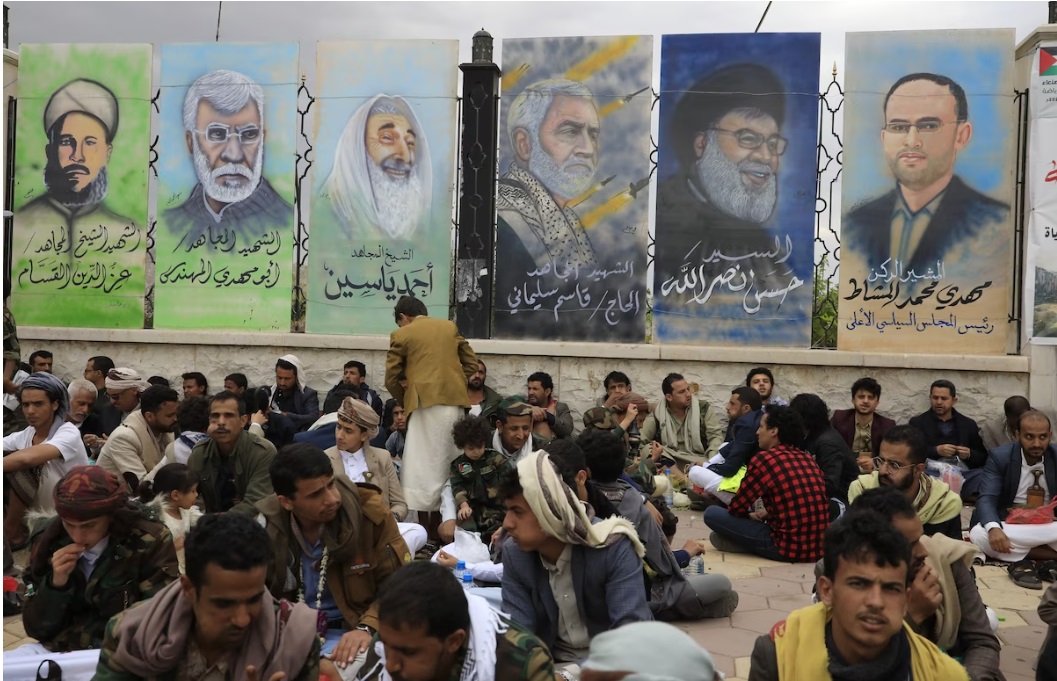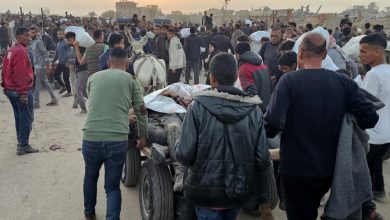Iran’s Covert Strategy in the Middle East: A Shift in Tactics with the United States

Watan-The American newspaper The Washington Post reported Iran’s adoption of a new tactic with the United States in the Middle East by secretly requesting its allies in the region not to provoke American forces.
According to the newspaper, Iranian-affiliated groups received instructions to avoid threatening or provoking US forces and to exercise caution after the US strikes against those militias.
Iranian-backed militias in several Arab countries had previously carried out attacks against Israeli and American targets, prompting responses from Tel Aviv and Washington that resulted in casualties, including leaders of these groups.
The most recent of these attacks occurred at the end of January 2024, leading to the killing of three American soldiers in a drone attack on a US military base in Jordan.
The Islamic Resistance in Iraq announced that its fighters had attacked four “enemy” bases using drones: Al-Shaddadi base, Al-Rukban base, Al-Tanf base, and the fourth one inside the occupied Palestinian territories known as the “Zifolon Naval Facility.”
In response, the United States targeted sites belonging to Iraqi and Iranian militias in various areas of the Middle East, creating a deterrent to prevent similar attacks from occurring again.
New Iranian Tactics in the Middle East
Iran‘s new tactic in the Middle East involved sending military leaders and diplomats across the region to meet with local officials, militia members, and emphasize the importance of avoiding escalation with America, as reported by the newspaper.
The Washington Post quoted unnamed Lebanese and Iraqi sources stating that “Iranian officials met with members of Hezbollah, citing the pretext of not giving an excuse for expanding the war or launching new attacks.”
The meetings also involved lofty slogans and a mix-up between what was happening in Gaza and the strikes that did not alter the situation within the besieged Palestinian territory.
Iranian officials reportedly warned Hezbollah leaders that “the axis of resistance is prevailing” and cautioned that gains could be lost if Israel opened another front in Lebanon.

Iran’s Message in Iraq
Iran’s message in Iraq centered on the American withdrawal from the country and the possibility that escalation could preclude this option, according to Iranian claims.
According to an American official quoted by The Washington Post, this step might stem from Iran’s realization that it does not serve its interests to allow its proxies unrestricted ability to attack US forces and coalition forces.
It’s worth noting that the Biden administration has taken a similarly cautious approach with Tehran, targeting Iranian proxies in Iraq and Syria without striking inside Iran itself.






